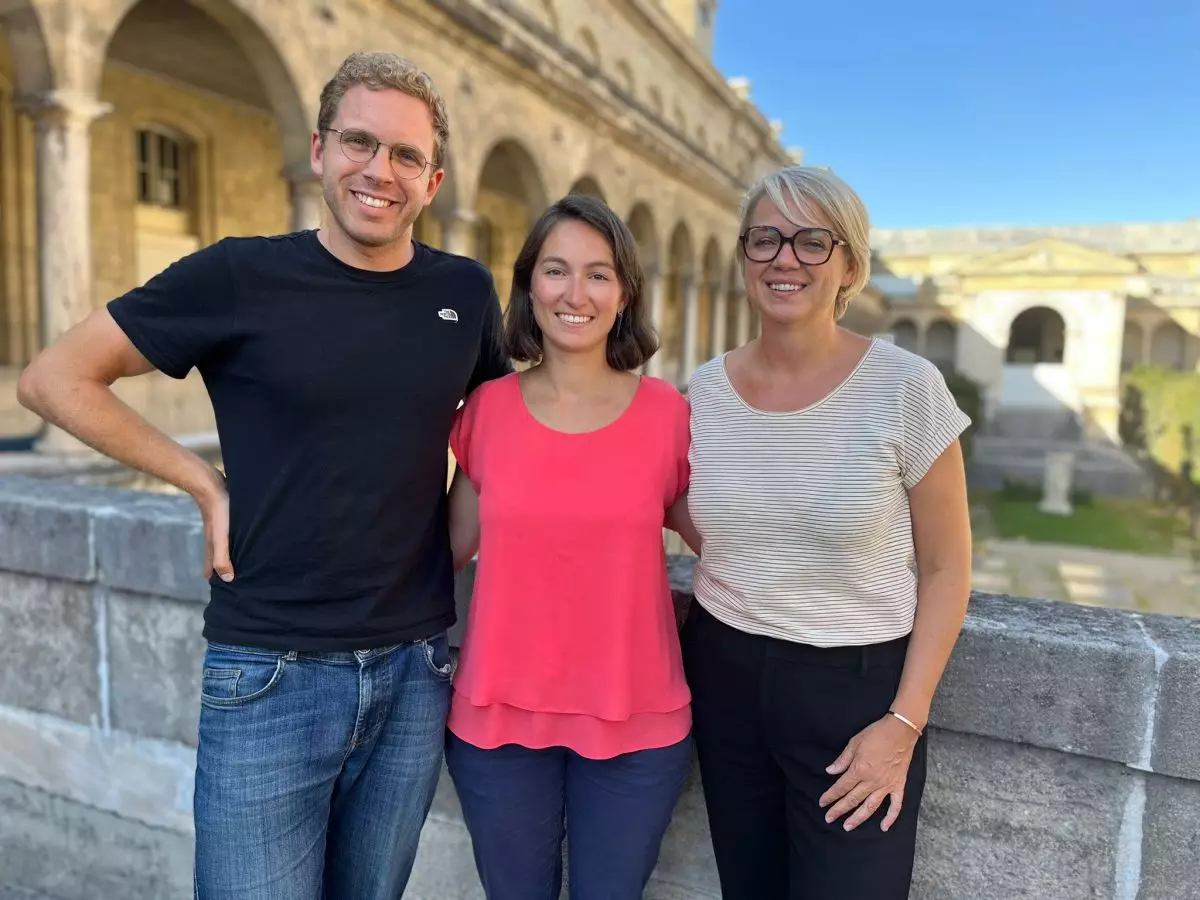Cancer represents one of the major health challenges of our time, with its incidence escalating alarmingly, especially among younger adults. Despite advancements in medical science, the landscape of oncology research remains rife with challenges, particularly in the regulatory labyrinth of clinical trials. Most new drug compounds fail to progress through these trials, raising pressing questions about how treatments are developed and validated. Enter Fanny Jaulin, a French entrepreneur who aims to disrupt this status quo with her startup, Orakl Oncology, pioneering a new approach by harnessing the power of artificial intelligence (AI).
The conventional clinical trial process is often criticized for being inefficient and riddled with blind spots. Jaulin, sharing insights with TechCrunch, emphasizes that a drug’s failure to succeed in clinical trials does not necessarily reflect its efficacy. Instead, it often highlights flaws in trial design and methodology. This observation serves as a critical reminder of the challenges faced in the oncology field, particularly where innovation has stagnated over the past few decades. With increasing cancer rates, it is imperative to rethink how drugs are tested if we are to find effective treatments.
Founded in 2023 as a spin-off from the renowned Gustave Roussy Institute of Oncology, Orakl Oncology adopts a unique multifaceted approach at the intersection of data and biology. While many competitors in the field focus exclusively on one aspect, Jaulin asserts that a hybrid model is essential to address the complexities inherent in cancer biology. By utilizing AI-driven methodologies, Orakl aims to create “avatars” that simulate patient-specific tumor characteristics—a departure from traditional one-size-fits-all strategies.
At the heart of Orakl’s methodology lies the use of organoids. These are simplified, miniaturized versions of human organs that provide a valuable platform for simulations in drug testing. Understanding that individual tumors are unique, the startup also leverages extensive data, encompassing approximately 40 variables per patient. Despite having a smaller patient corpus compared to larger competitors, this targeted approach allows for nuanced analysis and potential improvements in trial accuracy, particularly for colorectal and pancreatic cancers.
Orakl Oncology is on the brink of commercializing two groundbreaking products: O-Predict and O-Validate. O-Predict is designed to enable drug developers to forecast potential patient responses to new drug candidates, streamlining the drug development process. Conversely, O-Validate caters to biotech companies by validating the effectiveness of existing drug candidates. This bifocal approach addresses diverse needs within the oncology sector, enhancing its attractiveness to various stakeholders.
To fuel its innovative ventures, Orakl has successfully raised nearly €15 million in total funding, including €3 million from a pre-seed round earlier in 2023. The latest round was led by Singular, a European venture capital fund, along with non-dilutive support from Bpifrance. Most of these financial proceeds are earmarked for establishing a commercial team dedicated to securing contracts—an essential step for any startup aiming to translate innovation into practice.
Fanny Jaulin’s journey with Orakl Oncology represents not only a personal quest for meaningful impact in cancer treatment but highlights a broader narrative about the future of drug development. As the complexities of cancer grow, so too must our strategies for tackling it. By integrating AI into clinical trials—while maintaining a dual focus on both data and biology—Orakl is poised to redefine the parameters of drug efficacy measurement and ultimately improve outcomes for patients. The future of cancer treatment might just hinge on this innovative approach, making it a crucial player in an increasingly urgent field.

